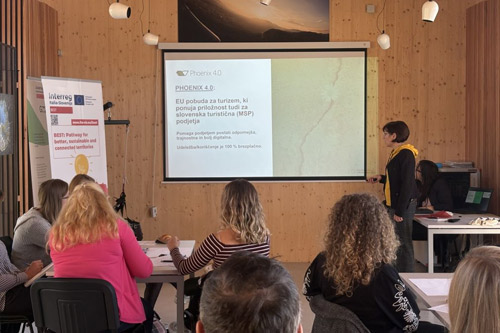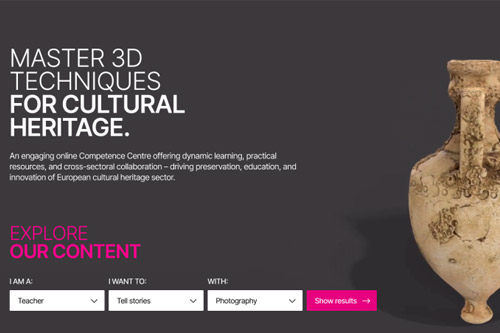
Tourism is evolving, and the future belongs to businesses that can innovate sustainably. To support this shift, the Cross-Re-Tour project, co-funded by the European Union, was launched to help tourism SMEs rethink and redesign their operations. Focused on promoting circular economy principles, renewable energy, digital innovation, and sustainable tourism practices, Cross-Re-Tour offers funding, training, and international exposure to SMEs ready to lead the transformation.
As part of this effort, a Call for Proposals was opened to small and medium-sized tourism businesses based in the Netherlands, Spain (Catalonia), Germany, Slovenia, Portugal, Montenegro, Latvia, and Malta. The goal was to identify innovative ideas that combine environmental responsibility with digital solutions to improve business practices and create meaningful change in the tourism sector.
The response exceeded expectations: 193 applications were submitted across eight countries, showcasing a rich diversity of ideas, energy, and commitment to building a greener, smarter tourism industry. After a careful evaluation process, 85 outstanding projects were selected for funding and support.
Among them, 27 applications were submitted from Slovenia, and 12 forward-thinking projects earned their place in the program.
Innovation at the Heart of Tourism
The winning Slovenian projects cover a wide range of creative and practical solutions that reflect the spirit of transformation the tourism sector needs today. Several projects focus on using digital technology to connect visitors more deeply with local traditions, such as interactive vineyard maps and immersive storytelling about cultural and gastronomic heritage. Others introduce innovative products rooted in tradition but adapted for modern sustainable consumption, such as the launch of new culinary specialties designed for broader markets.
Energy efficiency and sustainable resource management are strong themes as well, with projects piloting smart technologies in hotels and tourism facilities to reduce emissions, plastic use, and waste. There are also initiatives building personalized, health-focused tourism experiences that make better use of natural assets, while some are developing educational tools to engage guests and communities in eco-friendly behaviors.
A special emphasis is placed on digital transformation — not just for internal operations, but for enhancing the visitor journey, making information more accessible, and supporting inclusive travel for people with different needs.
Altogether, the selected projects demonstrate how local SMEs are using creativity, technology, and a deep respect for heritage to build a more resilient and sustainable future for tourism.



